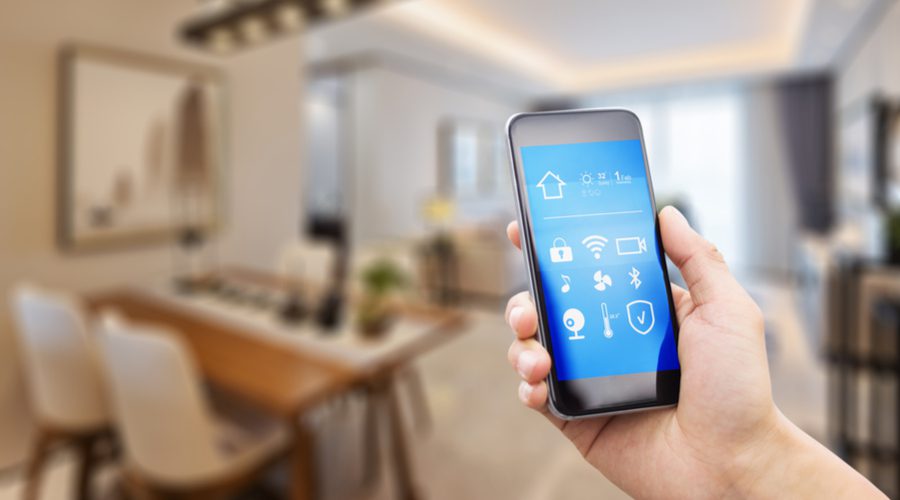Some 59% of UK households are expected to own a smart home device by 2022.
That’s according to a survey conducted by EY, which also found that 26% of homes currently own at least one type of smart home product.
According to the data, smart heating devices are likely to witness the highest levels of adoption, with 38% of homes looking to own one in the next five years. That’s more than four times the current humber of UK households (8%).
Smart security devices are also set to rise in popularity, from 7% to 32% within the next five years. Digital home assistants and smart lighting devices are also expected to become much more prevalent, with some 31% of survey respondents saying they planned to own a device – compared to the 11% and the 7% which already do....

